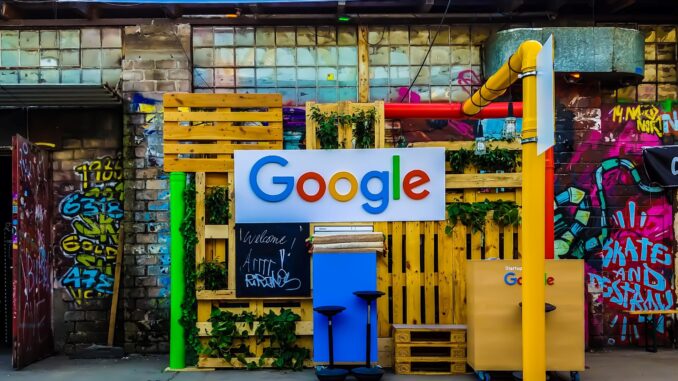
Islamabad, Pakistan — Tech giants Google, Facebook and Twitter have threatened to withdraw from Pakistan after the government issued new rules that give it more authority to control online content.
The government on Nov. 20 officially issued the Removal and Blocking of Unlawful Online Content (Procedure, Oversight and Safeguards) Rules 2020, which grant the Pakistan Telecommunications Authority (PTA) the power to remove or block access to “unlawful online content through any information system.”
The rules apply not only to social media platforms, but also to all internet service providers (ISPs). Social media companies and ISPs are now required to provide any information or data in decrypted, readable and comprehensible format if an investigation agency demands it.
The Asia Internet Coalition, an industry association whose members include Google, Facebook, Twitter and other global tech giants, released an extremely critical statement on Nov. 19 expressing its members’ alarm at the scope of the new law.
“The draconian data localization requirements will damage the ability of people to access a free and open internet and shut Pakistan’s digital economy off from the rest of the world. It’s chilling to see the PTA’s powers expanded, allowing them to force social media companies to violate established human rights norms on privacy and freedom of expression,” the statement reads.
Under the new rules, social media platforms with more than a half-million users in Pakistan must register with the PTA within nine months. A PTA spokesperson could not be reached for comment.
The rules state that ISPs and social media companies can be fined PKR 500 million ($3 million) for violating the new directives. ISPs and social media companies must also restrict hate speech, content inciting violence, pornography, terrorism and threats to national security.
The law states that the blocking of access to online content would be necessary in the interest of ”glory of Islam; integrity, security and defense of Pakistan; public order; and decency and morality.”
The rules indicate that in the near future Pakistan may promulgate a Data Protection Law, making it obligatory for ISPs and social media companies to have their database servers in Pakistan.
The rules also state that once the government reports an issue, the ISPs and social media companies must block access to unlawful content within six hours in case of emergency, otherwise within 24 hours.
Farieha Aziz, co-founder of Bolo Bhi, an organization that promotes digital rights, said that if AIC members withdraw from Pakistan, it would have a severe effect on the country’s economy.
“There are so many users earning their livelihoods from social platforms such as TikTok or YouTube,” she said. “If these companies decide to withdraw from Pakistan or are stopped from providing services what will happen to these users?”
Pakistan banned the popular Chinese app TikTok on Oct. 9 for allegedly sharing “indecent content.” China is an ally of Pakistan, and the ban was lifted later in the month after Tik Tok agreed to remove vulgar content.
“We suspect that these rules may create resistance and a conflict-type situation between the government and billion-dollar social media companies,” said Asad Baig, founder of Media Matters for Democracy, a Pakistan-based nonprofit that promotes freedom of expression.
“We are living in a global world, where if billion-dollar companies are doing business in your country, they also create an eco-system where local people also earn. What our policymakers are failing to understand is that we should be working with these companies to take advantage of their investments and services instead of making them accountable,” she said. “The companies would not be on the receiving end as Pakistan is a small fish and these companies have the whole world to do business with.”
The AIC said the government had promised consultation on the new rules, but that never happened.
Prime Minister Imran Khan’s government faced severe criticism inside and outside of Pakistan after publishing the first draft of the rules in February.
“The prime minister then initiated the consultative committee. There is a complete lack of transparency,” Aziz told Zenger News. “The power and the mandate of the committee were not to formulate rules but to give guidelines to the PTA to formulate rules. But here the committee itself has formulated rules.
“What our policymakers are failing to understand is that we should be working with these companies to take advantage of their investments and services instead of making them accountable,” she said. “The companies would not be on the receiving end as Pakistan is a small fish and these companies have the whole world to do business with.”
Pakistan was classified “not free” in the “Freedom on the Net 2020” report of Freedom House, a U.S. government-funded nonprofit.
“The online environment in Pakistan is tightly controlled by the government. Internet shutdowns, blocked websites, and arrests for activity online remain authorities’ preferred tactics in their effort to suppress unwanted speech,” Freedom House said in its report.
(Edited by Siddharthya Roy and Judith Isacoff)
The post Tech Giants Threaten to Pull Out of Pakistan Over New Rules on Blocking Content appeared first on Zenger News.
